When starting out in any field, it’s important that you have a thorough knowledge of what you’re diving into. Photographers Jay P. Morgan and Kenneth Merrill from The Slanted Lens believe that before moving into the world of digital photography, you should get a feel for the roots of photography by learning to shoot film:
1. Film Teaches You to Stop and Think About Camera Settings
Forget about aperture priority, shutter priority, and program mode. Dial your camera to manual mode and think about the settings. Ask yourself if you want a shallow or deep depth of field. Do you want to freeze the action or blur it out?
“Being on film just makes you stop and think about the settings.”
And unlike digital photography, you can’t instantly get a preview of your images. You’ll need to learn as you go about the implications your choice of aperture and shutter speed values will have on your images.
Take notes on the settings that you use to take a particular image to understand how your choice of settings affect it. Later, when the print is out, you can see if you were able to get what you were aiming for.
2. Film Teaches to Think About Light
When shooting digital, you tend to think about exposure only after taking a few shots. The general way you do that is by looking at the back of the screen and then evaluating if the exposure looks okay or not. But according to The Slanted Lens, that’s not the correct way. What you see on the back of the camera is affected by factors like the LCD brightness, the ambient light, and how well your eyes have adjusted to the light outside.
But, when shooting film, you don’t have this privilege. You need to think about light before you press the shutter button. This is where you need to refer to your light meter. It can be either the one built into your camera or an external light meter. You can then adjust your exposure settings based on what the light meter tells you.
3. Film Makes You Stop, Think, and Compose
You run the risk of wasting your film if you just spray and pray. Every time you press the shutter button, make sure that it is deliberate.
“You compose, you think about your light, you take a reading. It kind of puts you in the moment of doing photography rather than just shooting, spraying, and praying.”
Therefore, you get much more involved in designing and making an image when shooting film. Film makes you more of a craft-oriented photographer. The final product is much more refined and of better quality.
It’s not that the three topics discussed here can’t be applied to digital photography. The concern is that it can be hard to be disciplined enough to make yourself follow these guidelines on a digital camera.
Getting Started with Film Photography
If you’re convinced that you might be better off starting with a film camera, here are some pointers to help you out:
- Search online for a cheap, used film camera. You can get away with good deals on ebay or keh.com. Invest somewhere around $100 and you’ll have a good film camera to get started with.
- As far as film is concerned, go for Portra 400 and shoot it at 200. Another good alternative is Fuji 400h.
- Get a 35mm or a 50mm for your first lens. 50mm lenses are usually cheaper and have a perspective that’s close to how we see.
Once you have your camera and film ready, have a friend or family member model for you. Then try out the various settings and go through all your aperture values. Keeping track of your settings, you can then later see how each setting affects the final image.
“Remember this is just a training exercise to make sure you understand the basics and you can learn how to apply them to your digital world.”
Like This Article?
Don't Miss The Next One!
Join over 100,000 photographers of all experience levels who receive our free photography tips and articles to stay current:
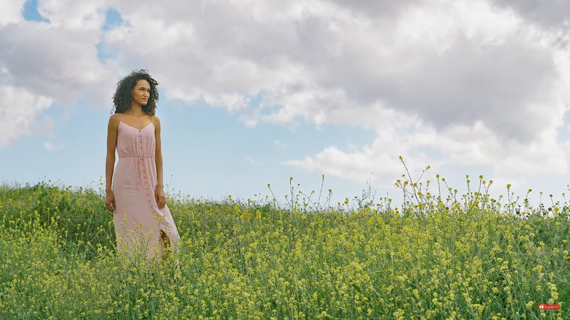
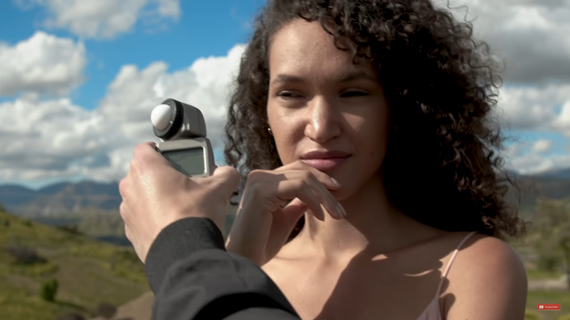
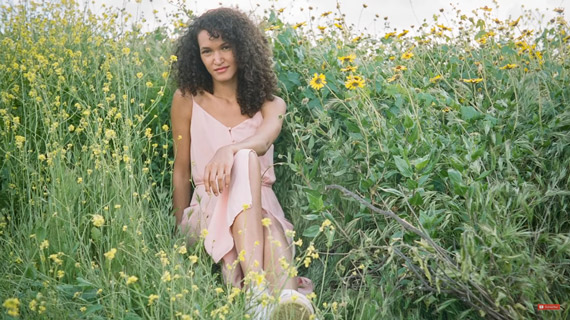




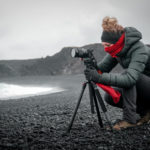
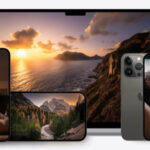
As I photographer who cut my teeth on film in the early 1950’s, I think that a photographer can do much better using his/her time (and money) to upgrade digital skills than to “waste” one’s time shooting film…
BECAUSE:
1. You can shoot a lot more images at a zero price when using digital. Film “forcing” you to shoot slower is a cop out. The speed at which you shoot is determined by you not your gear.
2. The feedback you get from digital is extremely valuable as a learning tool. Whether it is from the LCD review after you have shot the image or from the EXIF data which is a heck of a lot better than scribbling down the f/stops. shutter speeds and ISO values on in a notebook.
3. You have the advantage of getting feedback from online forums when you shoot digital.
4. Your digital files saved on a hard drive are more valuable “IMO” references than a shoe box full of negatives and slides.